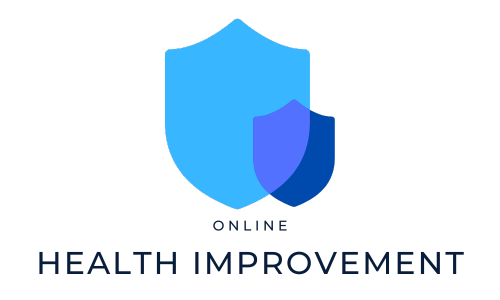The Impact of Social Media on Mental Health
Introduction:
As the use of social media continues to grow and become an integral part of our daily lives, it’s important to consider the impact it has on our mental health. While social media platforms provide us with the ability to connect with others and share information, research suggests that excessive use can have negative consequences for our mental well-being. In this article, we will explore the various ways in which social media can affect our mental health.
1. Comparison and low self-esteem:
One of the most prevalent negative effects of social media is the tendency to compare ourselves to others. When scrolling through carefully curated posts and images, it’s easy to develop feelings of inadequacy and low self-esteem. People often showcase their best moments, leading us to believe that everyone else’s lives are more exciting and fulfilling than our own.
– Constant exposure to other people’s highlights can lead to feelings of envy and diminish our self-worth.
– This comparison culture can be especially damaging to vulnerable individuals who already struggle with body image issues and low self-esteem.
2. Cyberbullying and online harassment:
Social media platforms have become a breeding ground for cyberbullying and online harassment. The anonymity and distance provided by the internet often emboldens individuals to engage in hurtful behavior they would not display in person. This can have severe consequences on the mental health of those targeted.
– Victims of cyberbullying are more likely to experience depression, anxiety, and suicidal ideation.
– The continuous exposure to negative comments and online harassment can erode an individual’s self-confidence and well-being.
3. Fear of missing out (FOMO):
The fear of missing out (FOMO) is another psychological impact of social media. Constant exposure to the exciting activities and events others are participating in can create a sense of exclusion and anxiety.
– Individuals who frequently experience FOMO may feel compelled to constantly check their social media feeds, leading to decreased productivity and increased stress.
– The constant comparison to others’ seemingly fulfilling lives can lead to a sense of dissatisfaction with one’s own life.
4. Sleep disturbances and addiction:
The excessive use of social media can also disrupt our sleep patterns and contribute to addiction-like behaviors. The blue light emitted from screens can interfere with our natural sleep cycles, leading to insomnia and other sleep disorders.
– The constant need to check notifications and updates can create a compulsive behavior pattern that resembles addiction.
– Sleep disturbances and addiction can have detrimental effects on our overall mental health, leaving us feeling fatigued, irritable, and unable to concentrate.
Conclusion:
While social media has undoubtedly revolutionized the way we communicate, connect, and share information, it’s crucial to recognize and address the negative impact it can have on our mental health. Being mindful of our social media usage, setting healthy boundaries, and seeking support when needed are essential steps in protecting our mental well-being. Furthermore, it is crucial for social media platforms and society as a whole to address these issues and promote a healthier online environment. By working collectively, we can harness the benefits of social media while minimizing its potential harm to our mental health.
